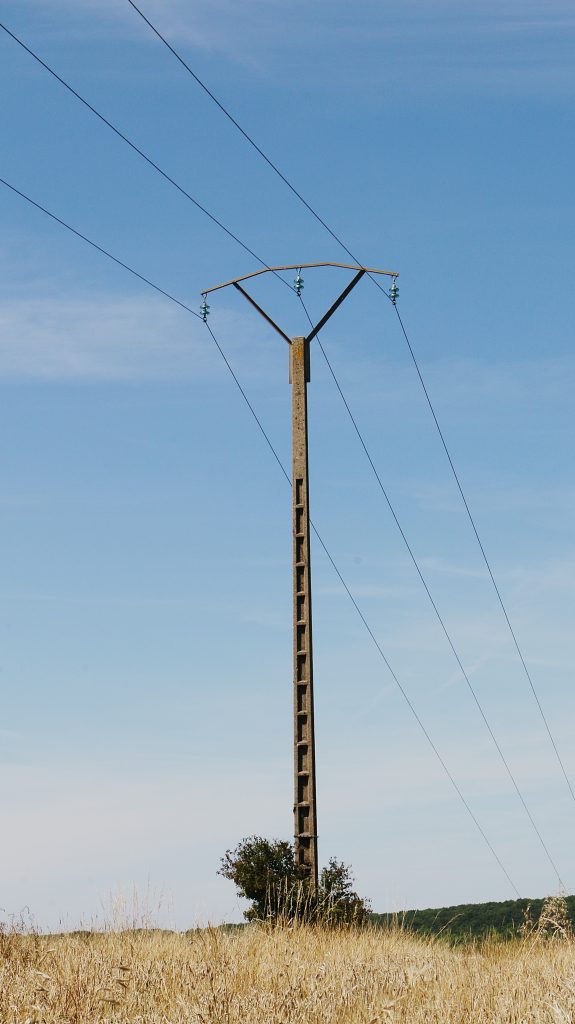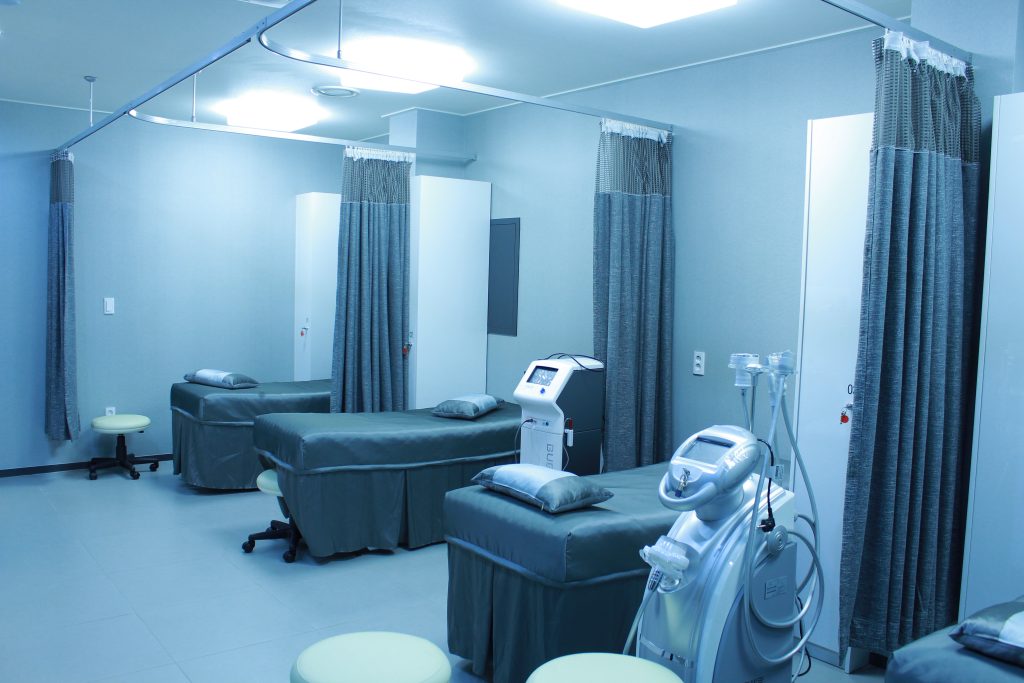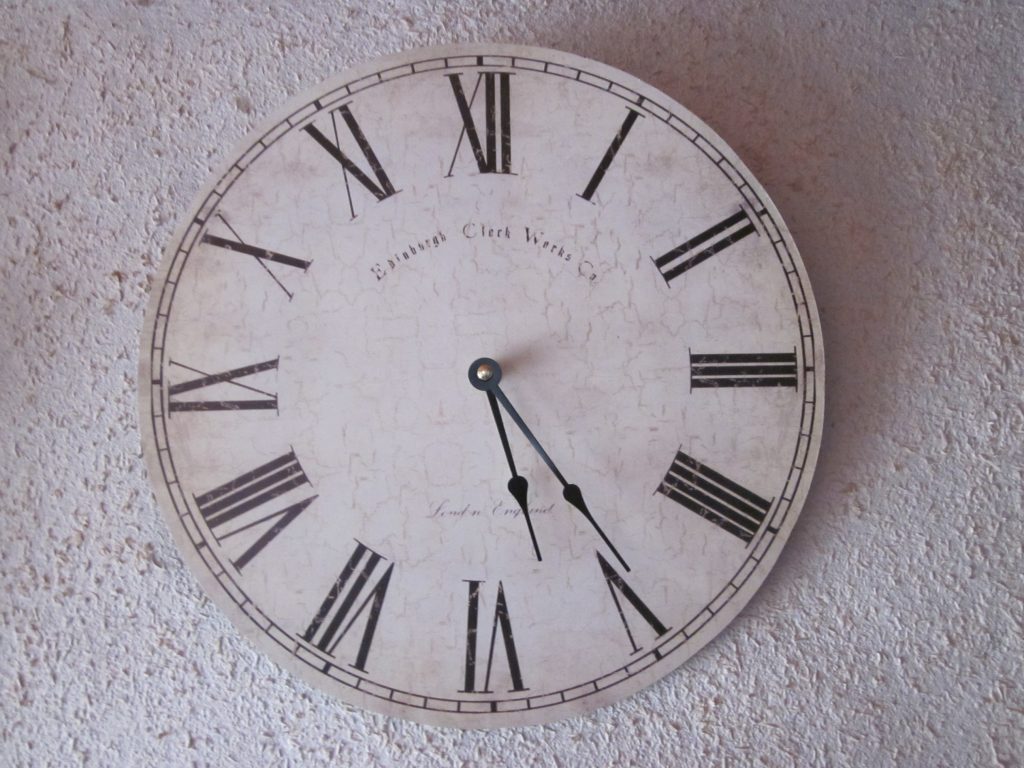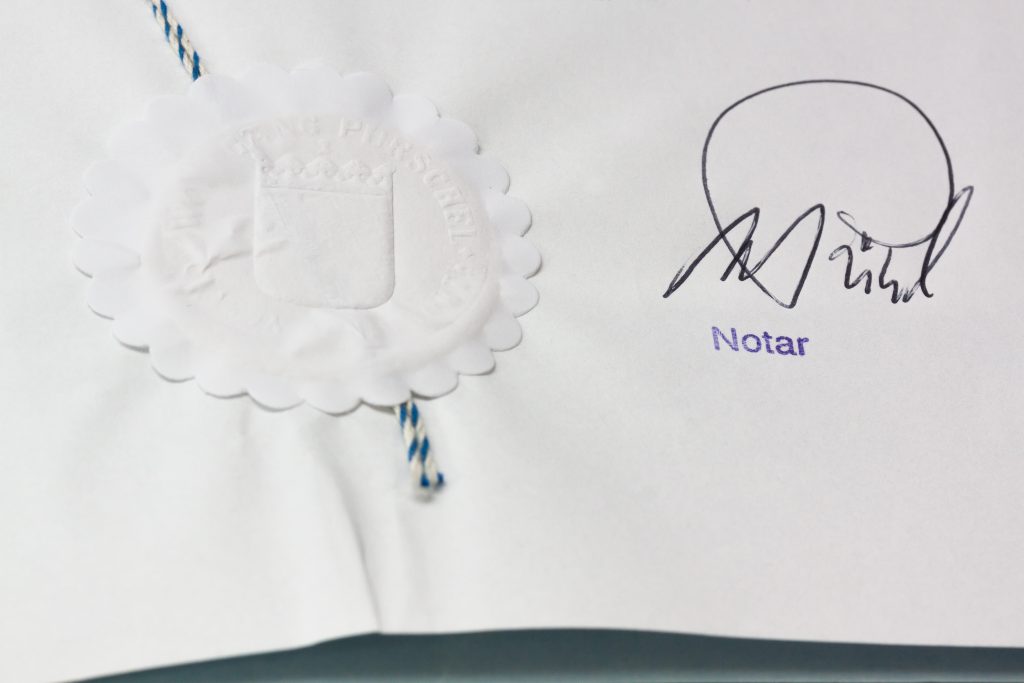 Despite stringent rules and regulations designed to keep unlicensed drivers off the road, minors often find their way behind the wheel. Police in Gonzales, Louisiana, were forced to reckon with the seriousness of such a driver when a high-speed police chase on Interstate 10 turned deadly in May of 2004. The outcome of this chase became the subject of a lawsuit left unsettled until 2017—a case which pondered: to what standard should police be held when engaged in an active car chase?
Despite stringent rules and regulations designed to keep unlicensed drivers off the road, minors often find their way behind the wheel. Police in Gonzales, Louisiana, were forced to reckon with the seriousness of such a driver when a high-speed police chase on Interstate 10 turned deadly in May of 2004. The outcome of this chase became the subject of a lawsuit left unsettled until 2017—a case which pondered: to what standard should police be held when engaged in an active car chase?
Just before eight o’clock in the evening, a Gonzales city police officer noticed an Oldsmobile without its headlights activated. The car, failing to stop or slow down, was pursued onto Interstate 10 by Louisiana State Police. The chase continued for nearly twenty minutes despite attempts to stop the vehicle with a spike strip. Then, the Oldsmobile’s fourteen-year-old driver lost control of the car and spun into a vehicle traveling in the opposite direction, driven by the Bristols. The Oldsmobile driver died on impact, while all seven passengers in the other car were severely injured, prompting a lawsuit against the Louisiana State Police. At trial, a jury found no liability for the Bristols’ injuries on the part of the department, and an appeal followed.
The Louisiana Highway Regulatory Act is excepted by La R.S. 32:24—which provides, under certain circumstances, statutory immunity to drivers of emergency vehicles. As such, police officers are allowed to exceed maximum speed limits and disregard other road rules so long as they maintain regard for the safety of others and have their audible or visual signals activated. However, this exception is not absolute: juries are allowed to determine, based on the circumstances and after being instructed on the law, whether a standard of ordinary negligence or a heightened reckless disregard standard should gauge the standard of care for an emergency vehicle driver. Lenard v. Dilley, 784 So.2d 706 (La. Ct. App. 2001).
 Louisiana Personal Injury Lawyer Blog
Louisiana Personal Injury Lawyer Blog


 Personal injuries occur every day in society and should be taken seriously. Yet, courts must judge the importance of each accident. As a result, not all injuries are ruled in favor of the injured individual. A lawyer representing an injured person must investigate the circumstances and facts surrounding the injury with due diligence. The lawyer must show the court that his client’s case should be heard because the evidence says so. However, when video evidence of a slip and fall injury in a hospital is not obtained, should a court allow the lawyer to continue investigating his client’s accident? A case out of Baton Rouge explores this question and reminds lawyers of their responsibility to act diligently in attaining evidence for their clients.
Personal injuries occur every day in society and should be taken seriously. Yet, courts must judge the importance of each accident. As a result, not all injuries are ruled in favor of the injured individual. A lawyer representing an injured person must investigate the circumstances and facts surrounding the injury with due diligence. The lawyer must show the court that his client’s case should be heard because the evidence says so. However, when video evidence of a slip and fall injury in a hospital is not obtained, should a court allow the lawyer to continue investigating his client’s accident? A case out of Baton Rouge explores this question and reminds lawyers of their responsibility to act diligently in attaining evidence for their clients. It’s reasonable to want to feel safe at work, no matter your job. Employers must keep their employees free from unnecessary danger and generally provide a safe working environment. Even given this duty, the law doesn’t always hold them responsible for the actions of criminals. A recent lawsuit out of Lafayette discusses the principles court asses to determine what remedies are available to employees when crime happens.
It’s reasonable to want to feel safe at work, no matter your job. Employers must keep their employees free from unnecessary danger and generally provide a safe working environment. Even given this duty, the law doesn’t always hold them responsible for the actions of criminals. A recent lawsuit out of Lafayette discusses the principles court asses to determine what remedies are available to employees when crime happens. Have you ever noticed that running alongside power lines are other types of cables? They are not easily distinguishable from one another, but communication lines and support lines also run along our electricity source. Looking so similar, it would be hard for an ordinary person to tell to whom each line belonged. One New Orleans man’s inability to determine the owner of such a wire almost prohibited him from filing a lawsuit against a well-known communications company.
Have you ever noticed that running alongside power lines are other types of cables? They are not easily distinguishable from one another, but communication lines and support lines also run along our electricity source. Looking so similar, it would be hard for an ordinary person to tell to whom each line belonged. One New Orleans man’s inability to determine the owner of such a wire almost prohibited him from filing a lawsuit against a well-known communications company.  Imagine getting hurt on the job, seeking help from a good attorney, following all the court’s requirements, and still having all your claims denied because your opponent did not appear for a deposition. For Raymond Schultz (“Schultz”), an employee of Blanchard Contractors, this scenario became his reality after the
Imagine getting hurt on the job, seeking help from a good attorney, following all the court’s requirements, and still having all your claims denied because your opponent did not appear for a deposition. For Raymond Schultz (“Schultz”), an employee of Blanchard Contractors, this scenario became his reality after the Sickness often begets a doctor’s visit, and sometimes severe illness calls for a trip to the emergency room. So when parents, David Pitts, Jr. and Kenyetta Gurley, arrived at Hood Memorial Hospital in Amite City, Louisiana, with their daughter, Lyric, it’s likely neither expected to leave there without their daughter’s health restored.
Sickness often begets a doctor’s visit, and sometimes severe illness calls for a trip to the emergency room. So when parents, David Pitts, Jr. and Kenyetta Gurley, arrived at Hood Memorial Hospital in Amite City, Louisiana, with their daughter, Lyric, it’s likely neither expected to leave there without their daughter’s health restored. Timing is always important; however, in legal matters, it determines whether you can even bring a lawsuit to the courts. In most states, the time frame to bring lawsuits is called the statute of limitations, and in Louisiana, it is called prescription. Generally, you have one year to file a lawsuit. However, that time period can change depending on several factors. The intricacies of prescription recently resulted in dismissing a case out of the Florida Parishes.
Timing is always important; however, in legal matters, it determines whether you can even bring a lawsuit to the courts. In most states, the time frame to bring lawsuits is called the statute of limitations, and in Louisiana, it is called prescription. Generally, you have one year to file a lawsuit. However, that time period can change depending on several factors. The intricacies of prescription recently resulted in dismissing a case out of the Florida Parishes.  Imagine you were just in an accident, and you pulled over on the shoulder of the interstate highway. Traffic is roaring in your ears, the wind is whipping past your face, and you can feel the congested car flows as your tires buzz. Luckily, you are not injured. As you are waiting for the police to arrive, another collision happens right beside you two. Brakes are being slammed, and horns are being blown, but the chain reaction is just unstoppable. A third car darts into the road shoulder, toppling the vehicle behind you and slamming it in your direction. You are hit again.
Imagine you were just in an accident, and you pulled over on the shoulder of the interstate highway. Traffic is roaring in your ears, the wind is whipping past your face, and you can feel the congested car flows as your tires buzz. Luckily, you are not injured. As you are waiting for the police to arrive, another collision happens right beside you two. Brakes are being slammed, and horns are being blown, but the chain reaction is just unstoppable. A third car darts into the road shoulder, toppling the vehicle behind you and slamming it in your direction. You are hit again. Decretal language, what on earth is it, and why is it so important? The Louisiana Third Circuit Court of Appeal recently dismissed an appeal because the trial court’s judgment lacked proper decretal language. So what are these “magic words”? Why are they indispensable for a final judgment to be given legal effect?
Decretal language, what on earth is it, and why is it so important? The Louisiana Third Circuit Court of Appeal recently dismissed an appeal because the trial court’s judgment lacked proper decretal language. So what are these “magic words”? Why are they indispensable for a final judgment to be given legal effect? It is a sadly familiar scenario: a family suffers a loss and soon after devolves to fighting over the will. The family may never imagine turning against one another, yet it happens over and over. The Youngblood family from Caddo Parish recently found themselves in such a fight.
It is a sadly familiar scenario: a family suffers a loss and soon after devolves to fighting over the will. The family may never imagine turning against one another, yet it happens over and over. The Youngblood family from Caddo Parish recently found themselves in such a fight.